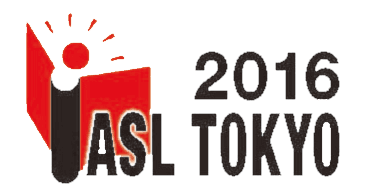Reading, School Libraries and Equity: A Socio-Spatial Study of School Libraries and Reading in Singapore
DOI:
https://doi.org/10.29173/iasl7183Abstract
Although Singapore is lauded internationally for its excellent education system, particularly as a top scorer on the international OECD PISA assessments, official educational policies have been criticized for the tendency to sideline socioeconomic status as a factor for school success. To understand the complex space of schooling and how inequity is worked out in practice, I turn to the space of the school library in two contrasting schools to examine how the organization of space can contribute to or inhibit the kinds of learning desired. Using a comparative socio-spatial approach, I map the library spaces of an elite all-boys‟ school and a co-educational government school in Singapore to understand how a space typically associated with the cultivation of reading habits and critical information literacy may in practice serve as a space for differentiated education. Through the physical, social and affective mapping of two school libraries, I describe, breakdown and examine taken-for-granted practices that reveal underlying ideologies governing perception and use of library space. Furthermore, I argue that viewing the school library through socio-spatial lens allows educators a localized, evidence-based framework to evaluate how effective and equitable their school libraries are.
Downloads
Published
Issue
Section
License

This work is licensed under a Creative Commons Attribution-NonCommercial 4.0 International License.




